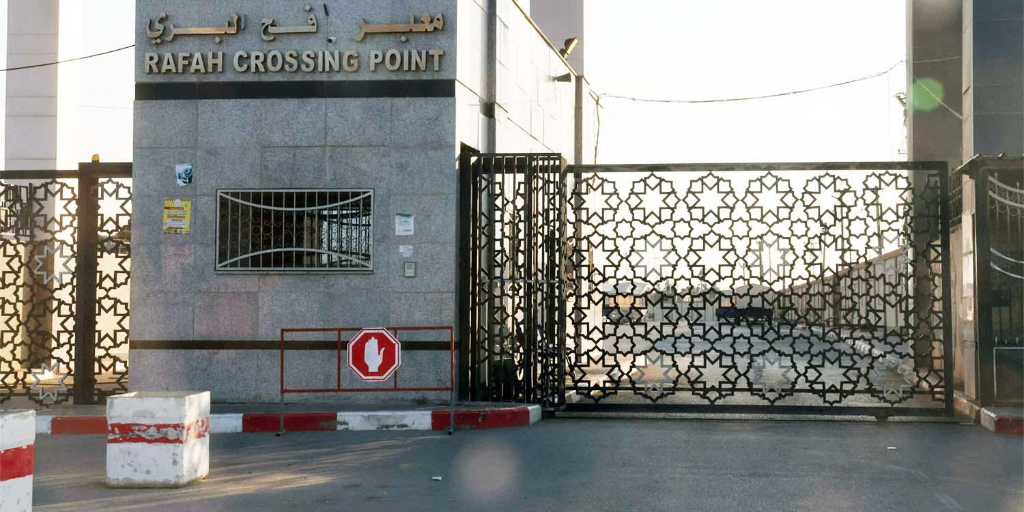Humanitarian Aid and Crisis Response: Opening the Rafah Crossing for Wounded Palestinians
In a critical development amidst the ongoing conflict, the Rafah Crossing, situated at the border between Egypt and Gaza, is scheduled to open on Wednesday, 1 November. This decision has been made to facilitate the urgent transfer of wounded and injured Palestinians requiring immediate medical attention. The opening of the crossing, albeit temporary, marks a significant moment in the current scenario, providing a glimmer of hope and humanity. This article aims to provide a comprehensive understanding of the situation, the events leading up to it, and the implications of opening the Rafah Crossing.
Contextualizing the Rafah Crossing’s Opening
The Rafah Crossing has a history of being a critical juncture for the movement of people and aid between Egypt and Gaza. Its opening, even for a short duration, is pivotal in providing relief and assistance. Previously, the crossing was opened to allow a limited number of aid trucks to enter Gaza, highlighting its role as a crucial conduit for humanitarian aid. As this story continues to develop, the immediate focus remains on aiding the injured Palestinians.
The Egyptian Government’s Role and Priorities
Amidst the escalating conflict, the Egyptian government has been actively involved, with a clear focus on de-escalation and facilitating the flow of humanitarian aid into the Gaza Strip via the Rafah Crossing. Despite the crossing being targeted multiple times by bombings, Egypt has persevered in its efforts, successfully allowing aid trucks to reach Gaza. However, the United Nations has raised alarms about the inadequacy of aid, given the dire humanitarian conditions on the ground.
International Response and Positioning
The international community has been closely monitoring the situation, with Western countries, led by the United States, predominantly expressing unwavering support for Israel. This stance has been maintained even in the face of a mounting death toll in Gaza. On the other hand, the United Nations General Assembly has been proactive, passing a resolution that calls for an immediate ceasefire, reflecting the urgent need for peace and stability.
The Humanitarian Imperative and Looking Ahead
The temporary opening of the Rafah Crossing is a crucial intervention in these turbulent times, providing a vital lifeline for wounded Palestinians. It underscores the humanitarian imperative that transcends conflict and politics. As the world watches and waits, the hope is for a de-escalation of violence, protection of civilians, and a concerted international effort to address the root causes of the conflict and find a lasting solution.
Finally:
The unfolding events at the Rafah Crossing are a poignant reminder of the human cost of conflict and the urgent need for humanitarian response. The Egyptian government’s decision to open the crossing, even temporarily, is a step towards alleviating the immediate suffering of the wounded Palestinians. However, it also highlights the broader challenges and the imperative for a sustained peace. The international community, while divided in its response, must rally together to support humanitarian efforts and work towards a resolution that ensures the safety, dignity, and well-being of all affected populations.



